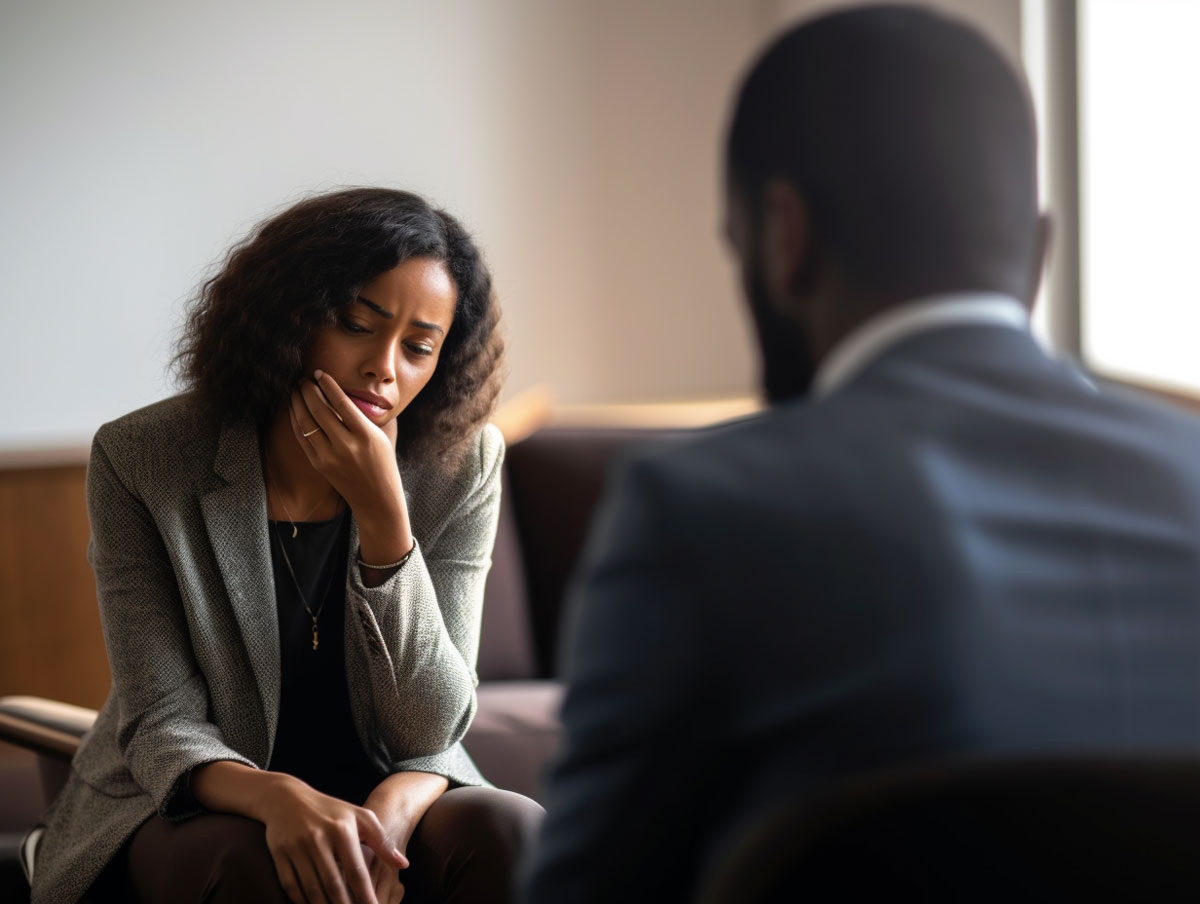When legal issues arise, it's crucial to have access to quality legal representation. However, the cost of hiring a lawyer can be a significant barrier for many individuals who are facing financial constraints. Fortunately, there are strategies and resources available to help you navigate the challenges of paying for a lawyer with no money.
This guide will show you “how to pay for a lawyer with no money”, ensuring you have access to the legal support you need.
Pro Bono Legal Services
Pro bono legal services are provided by lawyers who offer their expertise and representation for free or at a significantly reduced cost. These services are often available through nonprofit organizations, legal aid clinics, or law firms dedicated to pro bono work. Seeking pro bono assistance can be a viable option if you meet their eligibility criteria, which typically consider your income level and the nature of your case.
Legal Aid Organizations
Legal aid organizations are specifically designed to offer legal services to individuals who cannot afford to hire an attorney. These organizations employ lawyers and support staff who provide guidance, advice, and representation in various legal matters. They cover a wide range of issues, including family law, housing disputes, employment matters, and more. To find a legal aid organization near you, consider searching online or contacting your local bar association for recommendations.
Public Defenders
If you are facing criminal charges and are unable to afford a private attorney, you have the right to a public defender. Public defenders are government-funded lawyers who provide legal representation to individuals who cannot afford to hire their own counsel. While public defenders are often overworked due to heavy caseloads, they possess the expertise to handle your defense effectively.
Sliding Scale Fee Arrangements
Some lawyers and law firms offer sliding scale fee arrangements, which adjust the cost of legal services based on your income and ability to pay. These arrangements ensure that individuals with limited financial resources can still access legal representation. When contacting attorneys, inquire about their fee structure and whether they offer sliding scale options.
Legal Expense Financing
Legal expense financing, also known as legal loans or litigation funding, involves obtaining a loan to cover your legal fees. These loans are specifically designed for legal expenses and can help bridge the financial gap when hiring a lawyer. However, it's essential to carefully consider the terms and conditions of these loans, as they can involve high interest rates and fees.
Crowdfunding For Legal Fees
Crowdfunding platforms provide an avenue for individuals to raise funds from friends, family, and even strangers to cover their legal expenses. By sharing your story and explaining the significance of your case, you can rally support and financial assistance from a wide network of people who believe in your cause. Several crowdfunding platforms are tailored specifically for legal purposes, making it easier to reach potential donors.
Legal Clinics And Self-Help Resources
Many communities have legal clinics and self-help resources that offer free or low-cost assistance for individuals navigating the legal system. These clinics may provide guidance on filling out legal forms, understanding court procedures, and other practical aspects of representing yourself. While they cannot offer full legal representation, they can empower you with the knowledge and tools to navigate certain legal matters on your own.
Bar Association Referrals
Bar associations often maintain referral services that connect individuals in need of legal representation with qualified attorneys. By contacting your local or state bar association, you can inquire about referral programs that can match you with lawyers who may be willing to take on your case at a reduced fee or provide pro bono services. These referrals ensure that you are connected with attorneys who specialize in the area of law relevant to your situation.
Nonprofit Legal Organizations
In addition to legal aid organizations, there are various nonprofit legal organizations that focus on providing free or low-cost legal services to individuals in need. These organizations often have a specific mission or target population they serve. Some may specialize in areas such as immigration law, civil rights, or veterans' issues. Research and reach out to these nonprofit legal organizations to see if they can offer assistance tailored to your specific legal needs.
Negotiating Legal Fees
When faced with financial constraints, it's worth considering the option of negotiating legal fees with the attorney you wish to hire. Lawyers understand that not everyone can afford their standard rates, and they may be open to discussing alternative fee arrangements. Be honest and upfront about your financial situation, and propose a fee structure that works within your means. While not all attorneys will agree to negotiate their fees, it's worth exploring this option before ruling out representation due to cost.
State And Local Government Programs
Some state and local governments have programs in place to provide financial assistance to individuals who need legal representation but cannot afford it. These programs may offer grants, vouchers, or subsidies to help cover the costs of legal services. Research your state and local government websites or contact relevant departments to inquire about any available programs that can assist you in obtaining legal representation.
Frequently Asked Questions
To help you better understand how to pay for a lawyer with no money, explore the answers to these commonly asked questions:
Can I get a lawyer for free if I have no money?
Yes, there are options available for individuals who cannot afford to hire a lawyer. Pro bono legal services, legal aid organizations, public defenders, and sliding scale fee arrangements are some of the avenues you can explore to obtain free or low-cost legal representation.
How do I find a pro bono lawyer?
To find a pro bono lawyer, you can reach out to nonprofit organizations, legal aid clinics, and local bar associations. These entities often have resources and referral services that can connect you with lawyers who offer pro bono services based on eligibility criteria.
Can I represent myself if I cannot afford a lawyer?
While it is possible to represent yourself in legal matters, it is important to consider the complexity of your case and the potential consequences of doing so. Legal clinics and self-help resources can provide guidance and support for individuals who choose to represent themselves, but it's advisable to consult with a lawyer whenever possible to ensure your rights are protected adequately.
Understanding How To Pay For A Lawyer With No Money
Navigating the legal system without financial resources can be daunting, but it doesn't mean you have to face legal challenges alone. So, how to pay for a lawyer with no money? By leveraging the strategies and resources outlined in this guide, you can find the financial assistance necessary to hire a lawyer and protect your rights. Whether through pro bono services, legal aid organizations, or other means of support, there are avenues available to ensure that everyone has access to legal representation, regardless of their financial situation.
Remember, when seeking financial assistance for legal representation, it's important to be proactive, persistent, and thorough in exploring your options. By taking advantage of the resources available to you, you can overcome financial barriers and secure the legal support you need.
If you have been injured and are looking to hire a personal injury lawyer, visit Gov-Relations for more information on how you can make an informed decision about the best lawyer for your situation.







